
Nourish your mind: Discover the top foods to reduce stress and anxiety
In today’s fast-paced world, stress and anxiety have become extremely common, affecting millions of people worldwide. While there are various methods to manage these feelings, one often overlooked aspect is diet.
The food we consume plays a significant role in not only nourishing our bodies but also in nurturing our mental well-being. In this blog, we’ll delve into the impact of diet on stress and anxiety, explore foods that reduce stress, and provide lifestyle tips to enhance their benefits.
Impact of diet on stress and anxiety
Discover how dietary choices can significantly influence stress and anxiety levels, affecting overall mental well-being. Understanding the relationship between food and mood can empower individuals to make informed decisions and allow them to choose foods that reduce stress.
Processed foods: These items, high in sugar and unhealthy fats, can exacerbate feelings of stress.
Whole foods: Rich in essential nutrients, they support mental health and reduce stress.
Omega-3 fatty acids: Found in fatty fish, they have a calming effect on the brain, lowering anxiety.
Magnesium: Abundant in leafy greens, it aids in relaxation and stress reduction.
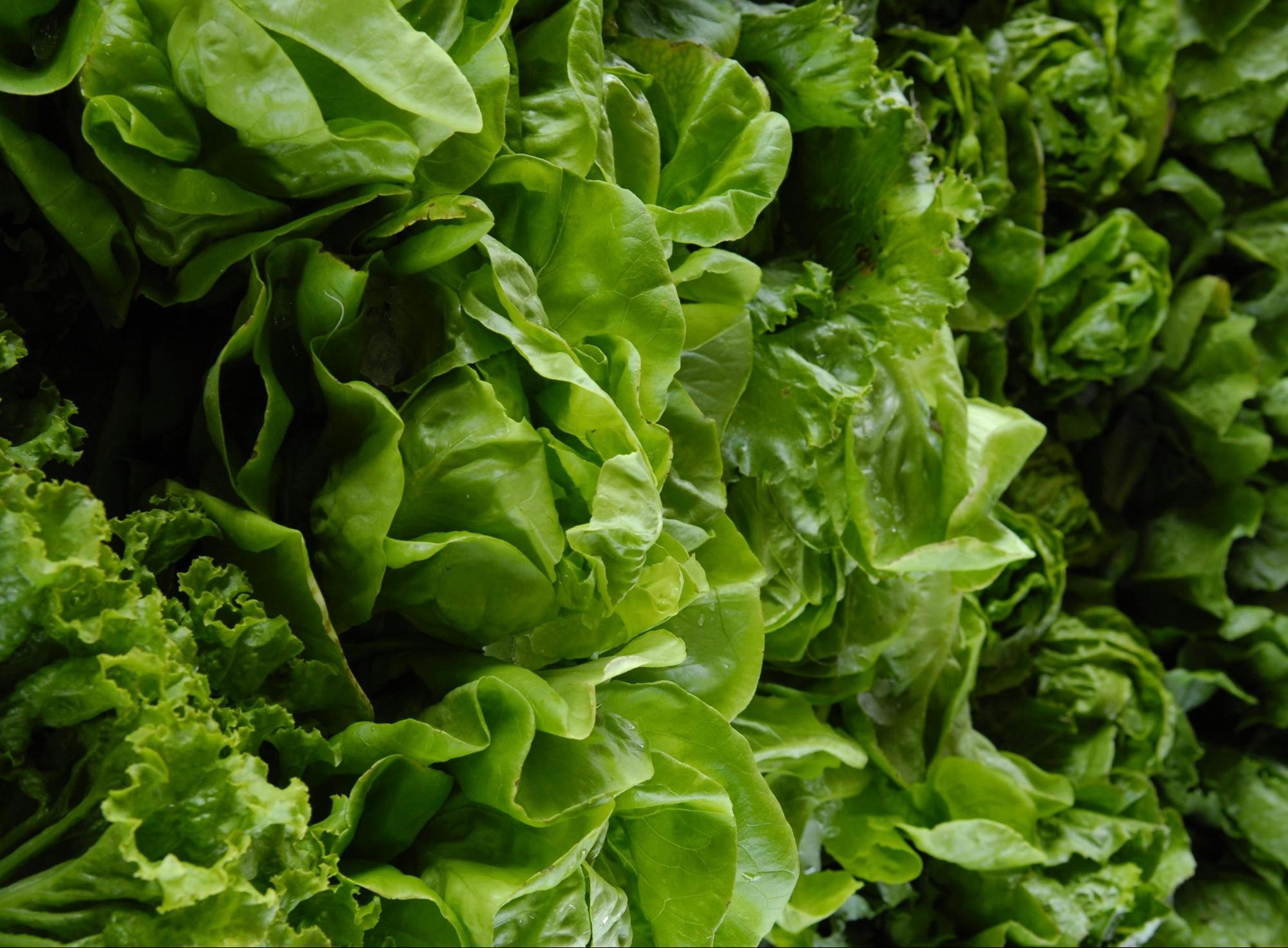
Antioxidants: Present in berries, they combat oxidative stress and inflammation associated with anxiety.

Gut-brain connection: Probiotics in foods like yoghurt contribute to gut health, influencing mood and stress levels.
Foods to relieve stress and anxiety
Let’s look at a list of foods that relieve stress. Discover how specific nutrients in certain foods can alleviate stress and promote mental well-being.
Leafy greens: Rich in magnesium, which promotes relaxation.
Fatty fish: Contains omega-3 fatty acids, known to reduce anxiety.
Blueberries: Packed with antioxidants to combat stress-related inflammation.
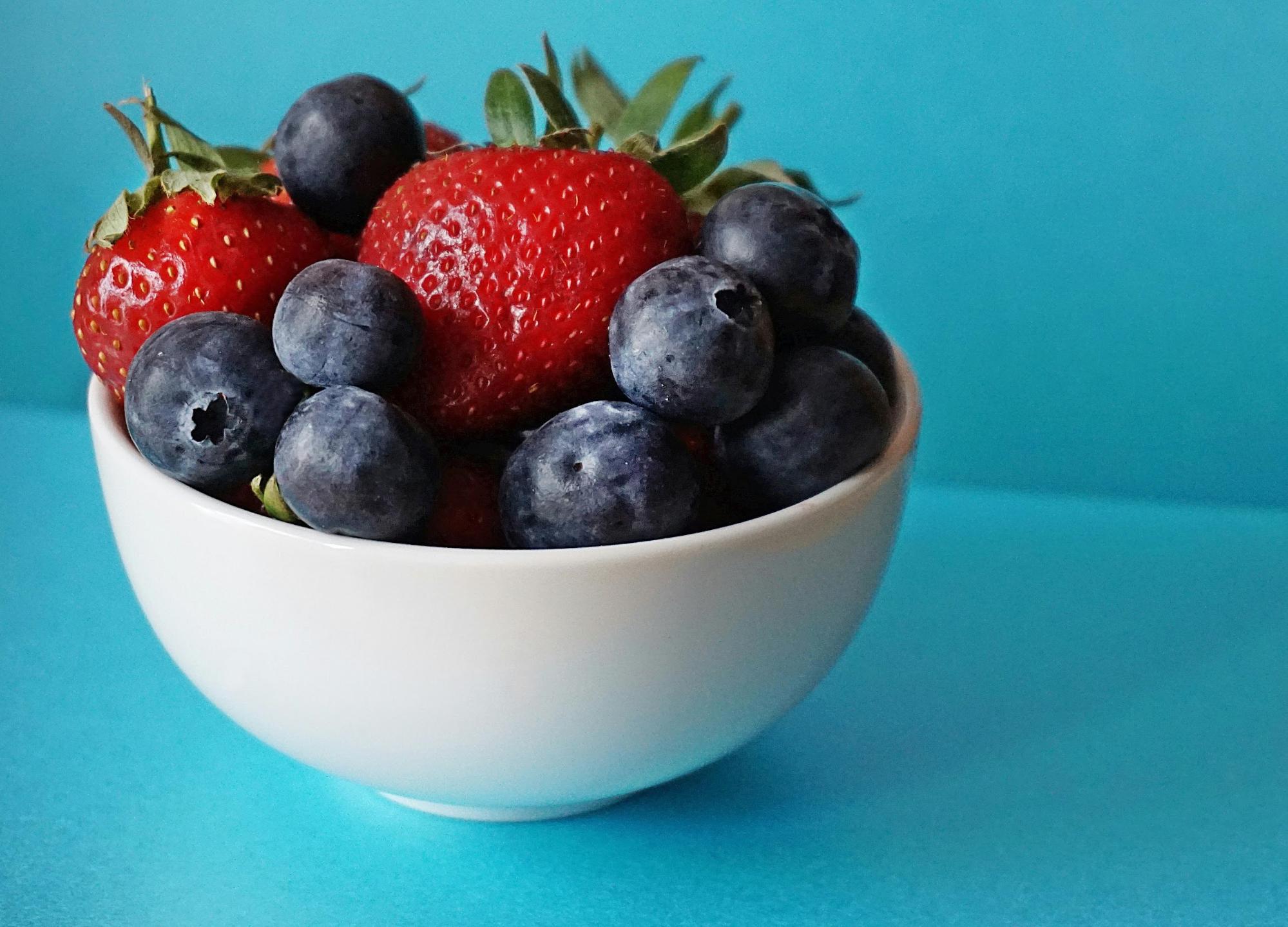
Yoghurt: Supports gut health, linked to lower anxiety levels.
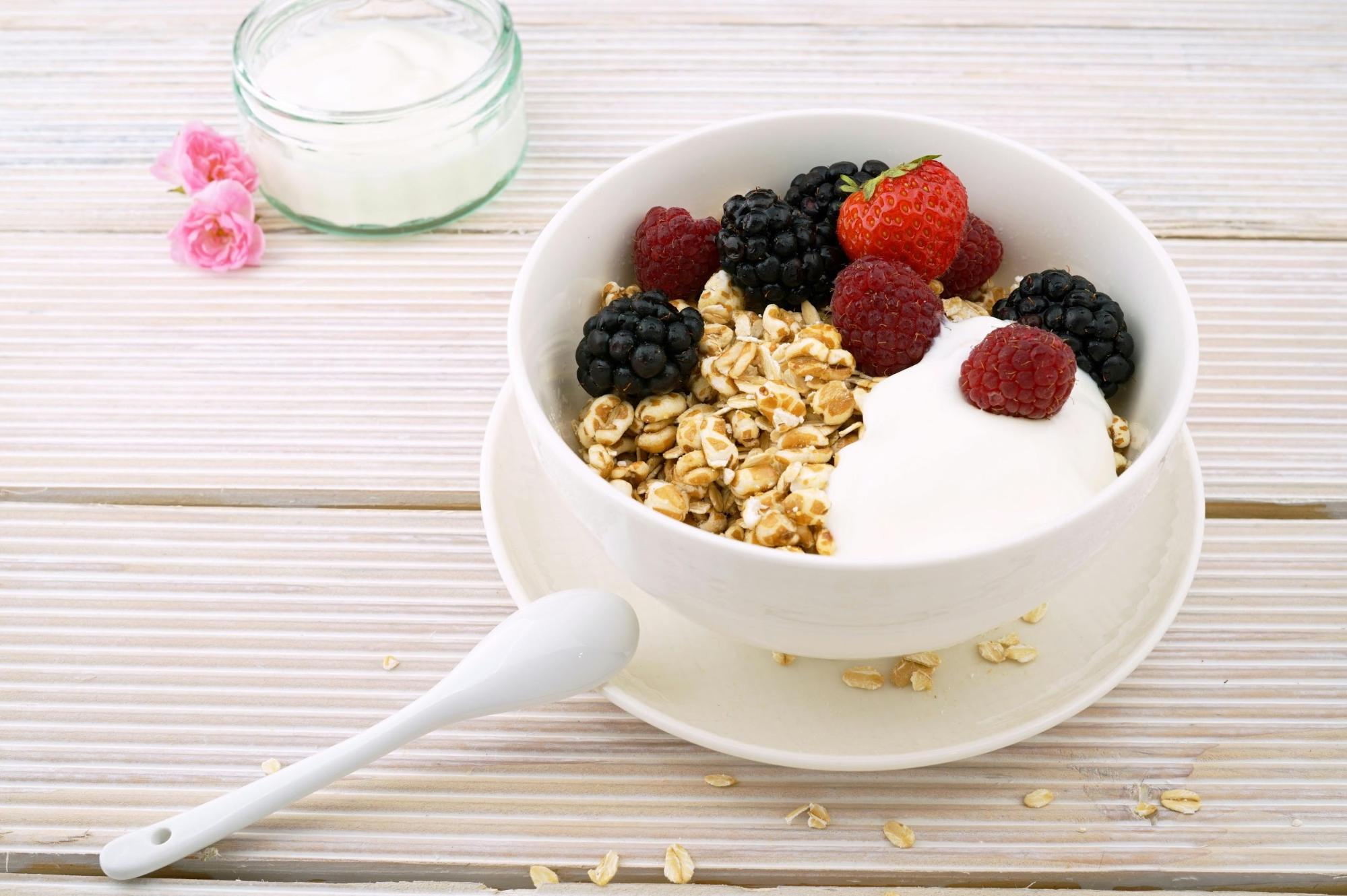
Oats: Complex carbohydrates that boost serotonin production for improved mood.
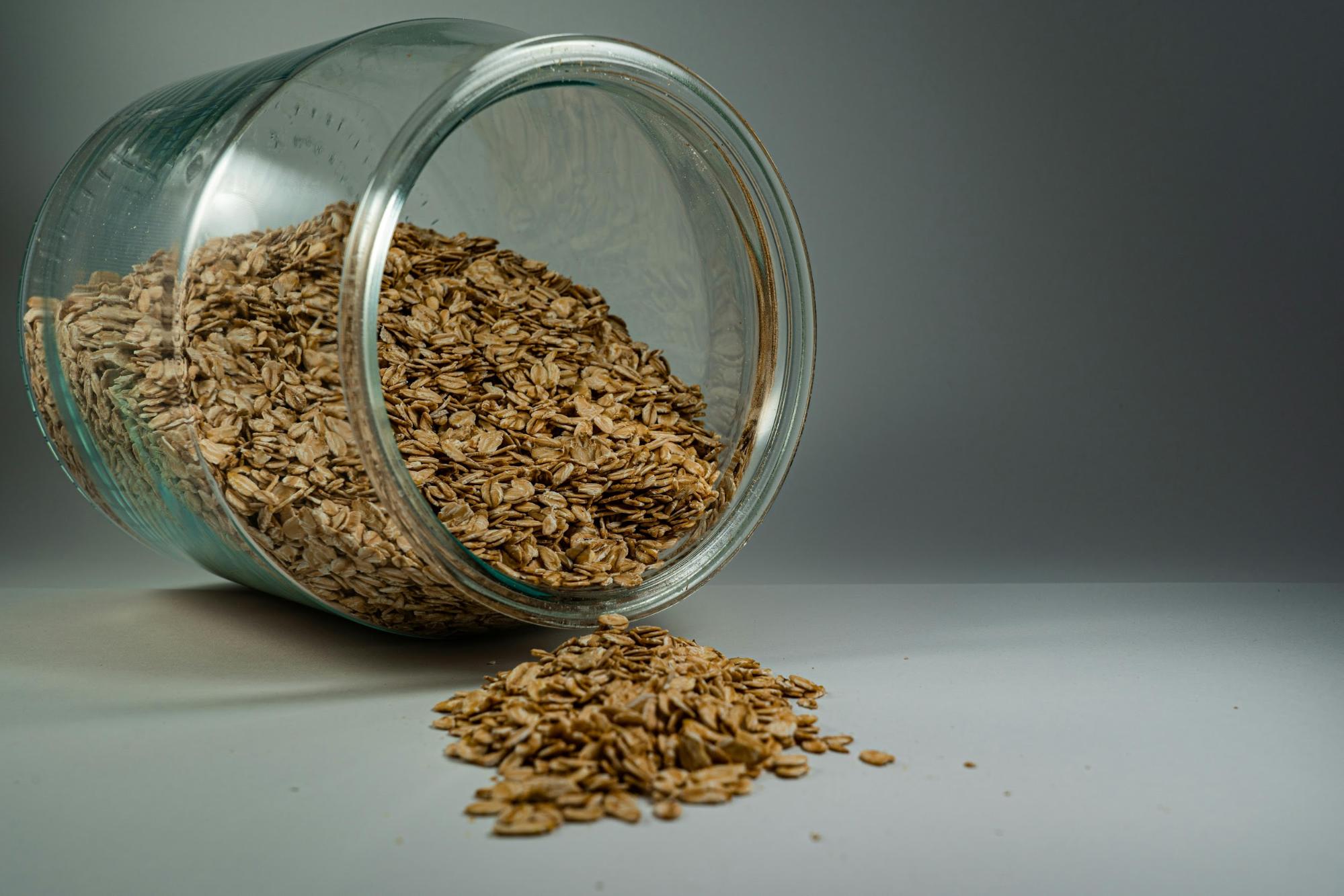
Almonds: High in magnesium and vitamin E, which can help lower cortisol levels.
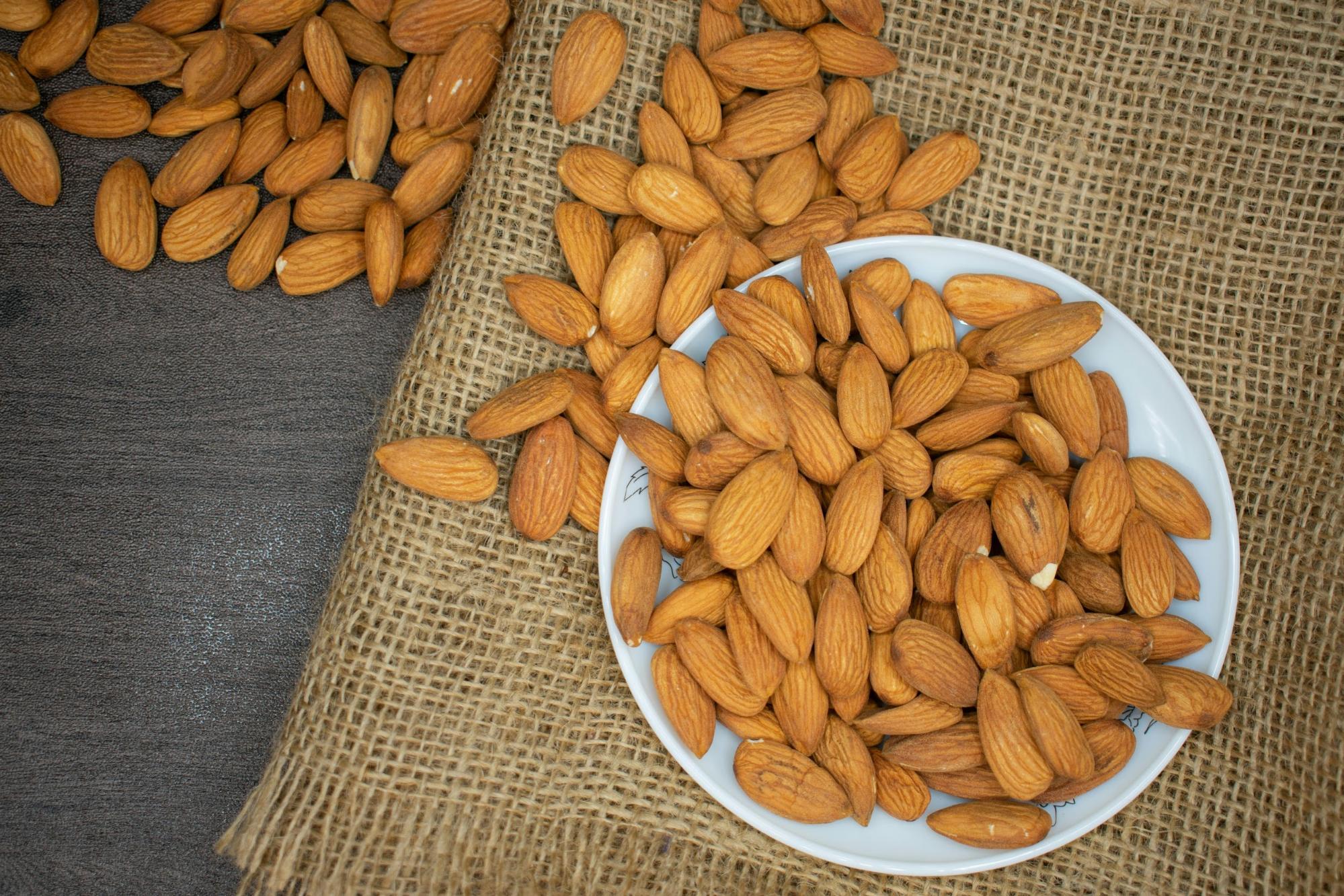
Dark chocolate: Contains flavonoids that promote relaxation and reduce stress hormones.
Avocado: Rich in monounsaturated fats and potassium, which can help lower blood pressure and reduce anxiety.
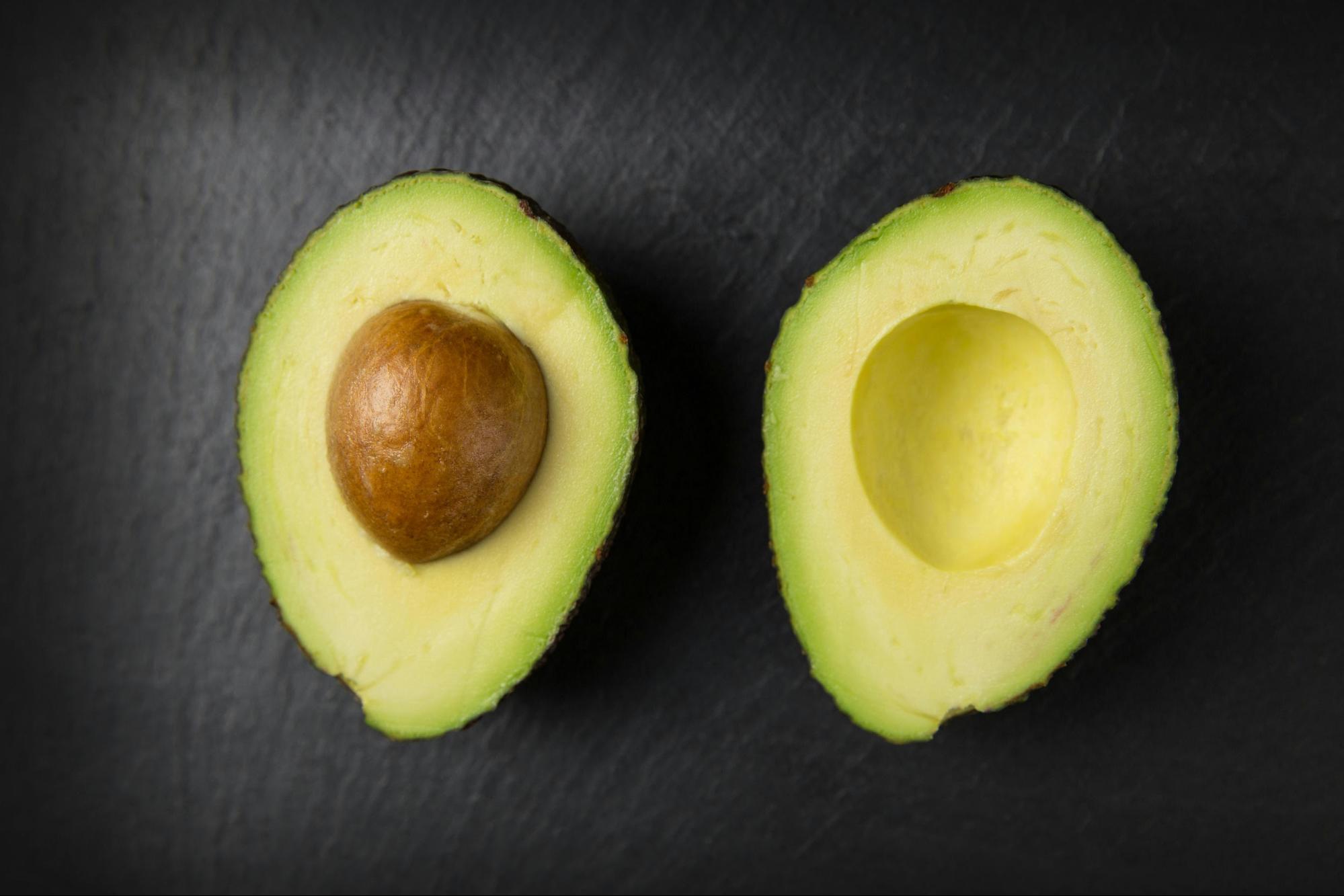
Bananas: High in potassium and vitamin B6, which can help regulate mood and is one of the foods that reduce stress.
Lifestyle tips to enhance the benefits of stress-reducing foods
Explore practical lifestyle tips to maximise the effects of foods that lower stress in promoting mental well-being.
Mindful eating: Practise mindful eating habits to fully savour and appreciate the flavours and textures of your food, enhancing the relaxation response.
Stay hydrated: Maintain adequate hydration throughout the day, as dehydration can exacerbate feelings of stress and anxiety.
Regular exercise: Incorporate regular physical activity into your routine to release endorphins, natural mood-lifters that can help reduce stress levels.

Prioritise sleep: Aim for at least eight hours of quality sleep every night to allow your body and mind to rest and feel refreshed.
Stress management techniques: Incorporate stress management techniques such as meditation, yoga, or deep breathing exercises into your daily routine to promote relaxation and to lower stress levels.

Social connection: Maintain meaningful connections with friends and family, as social support can help buffer the effects of stress and promote overall well-being.
Conclusion
Incorporating foods that reduce stress into your diet and adopting healthy lifestyle habits can have a significant impact on your overall well-being. By nourishing your body and mind with the right nutrients and practices, you can effectively manage stress and anxiety and live a happier, more fulfilling life.
Remember to prioritise whole foods, stay hydrated, engage in regular exercise, prioritise sleep, practise stress management techniques, and maintain meaningful social connections. With these strategies in place, you can multiply the effect of foods that relieve stress as well.

Frequently Asked Questions
What role do certain foods play in reducing stress and anxiety?
Certain foods that reduce stress contain nutrients that promote relaxation and reduce the body's stress response. For example, leafy greens are rich in magnesium, which has calming properties, aiding in stress reduction.
How can dietary choices impact stress levels?
Dietary choices can either exacerbate or alleviate stress levels by affecting neurotransmitter levels and inflammation in the body. Processed foods high in sugar and unhealthy fats can increase stress, while whole foods can help reduce it, contributing to overall mental well-being.
Are there specific nutrients found in these foods that aid in stress reduction?
Yes, nutrients such as magnesium, omega-3 fatty acids, and antioxidants are found in foods that reduce stress and anxiety. These nutrients are commonly found in foods like leafy greens, fatty fish, and berries, supporting a calmer mind.
What is the relationship between gut health and stress reduction through diet?
The gut-brain connection plays a crucial role in mental health, and maintaining gut health through diet can help reduce stress and anxiety. Probiotics in foods like yoghurt contribute to gut health, influencing mood and stress levels, promoting emotional balance.
How can I incorporate stress-relieving foods into my daily meals?
You can incorporate stress-relieving foods into your daily meals by including items like leafy greens, fatty fish, berries, and yoghurt in your diet. These foods are rich in nutrients that support mental well-being, fostering a sense of calm and relaxation.
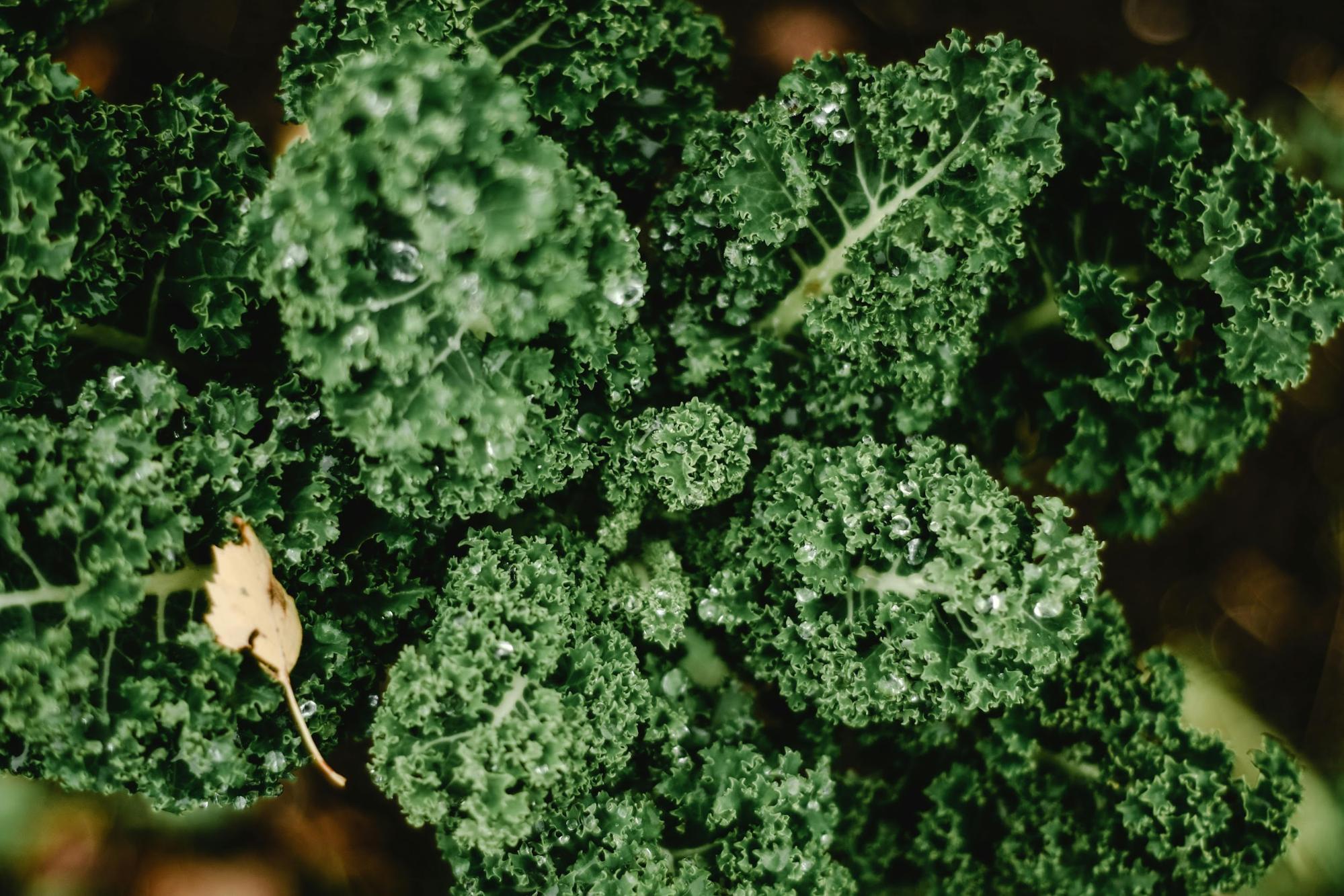
Are there any foods that should be avoided to minimise stress and anxiety?
To minimise stress and anxiety, it's best to avoid processed foods high in sugar and unhealthy fats. These foods can exacerbate feelings of stress and contribute to inflammation in the body, hindering emotional well-being.









